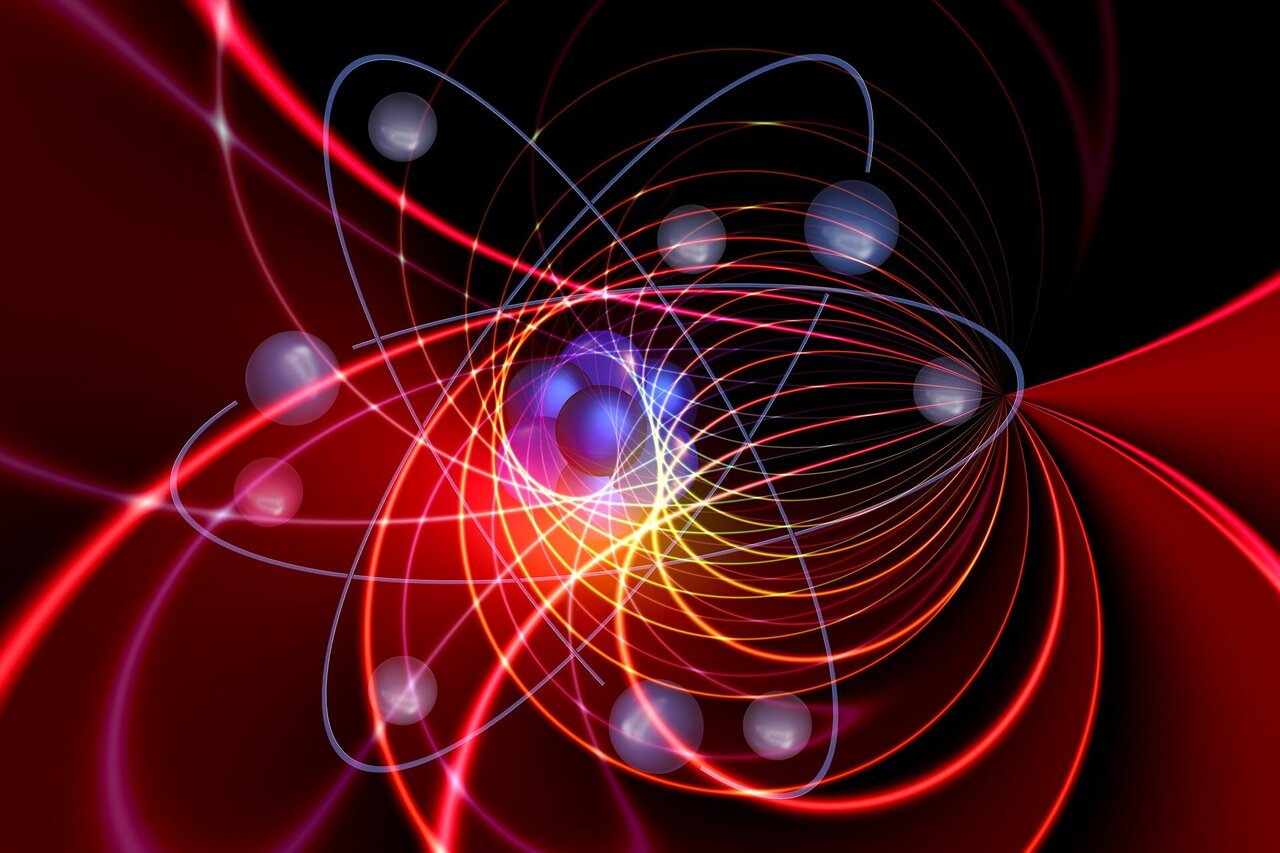The Significance of 2025 as the International Year of Quantum Science and Technology
The year 2025 has been designated as the International Year of Quantum Science and Technology by the United Nations. This recognition highlights the profound impact that quantum mechanics has had on modern science and technology over the past century. It also serves as a reminder of how far we have come since the first breakthroughs in this field.
Support kami, ada hadiah spesial untuk anda.
Klik di sini: https://indonesiacrowd.com/support-bonus/
Quantum mechanics, often referred to as quantum physics, was introduced in the early 20th century with groundbreaking research papers that described the behavior of subatomic particles such as photons and electrons. These particles are the building blocks of all matter, and their interactions form the foundation of our current understanding of the physical world.
A century later, the influence of quantum mechanics is evident in everyday technologies. For instance, mobile phones rely on advanced applications of quantum electrodynamics, a theory that explains the interactions between matter and electromagnetic radiation at the atomic level. This demonstrates how deeply embedded quantum principles are in the devices we use daily.
The Illusion of Simplicity and Certainty
From the perspective of an end-user, electronic devices appear to be simple and reliable. A smartphone, for example, seems capable of performing countless tasks with ease. However, this perception of simplicity masks the complex quantum processes that occur at the atomic scale. Understanding these processes reveals the intricate nature of the technology we interact with every day.
Support us — there's a special gift for you.
Click here: https://indonesiacrowd.com/support-bonus/
In quantum mechanics, the concept of “uncertainty” plays a crucial role. This term has a specific technical meaning, referring to the limitations on the precision of simultaneous measurements of certain physical quantities. For example, it is impossible to precisely determine both the position and momentum of a particle at the same time. This principle, known as the uncertainty principle, sets fundamental boundaries on what can be measured and understood about the quantum world.
Despite these challenges, uncertainty does not hinder progress. Instead, it introduces a new way of thinking about the physical world. In quantum mechanics, certainty is replaced by probability. Scientists can only predict the likelihood of specific outcomes based on mathematical models called wavefunctions. These wavefunctions allow researchers to calculate probabilities using well-defined rules, leading to accurate predictions of physical phenomena.
The Predictive Power of Quantum Mechanics
Quantum electrodynamics, one of the most successful theories in physics, has been tested against experiments with an accuracy of better than one part in 1,000,000,000,000. This level of precision makes it the most accurate physical theory ever developed. However, there are still debates among physicists and philosophers regarding the interpretation of quantum mechanics.
Some view it as a purely mathematical framework for predicting and interpreting experimental results. Others believe it should provide insight into the fundamental nature of reality. This ongoing discussion highlights the complexity of quantum mechanics, even though it has proven to be an incredibly powerful tool for scientific discovery.
The Future of Quantum Technology
One of the most exciting developments in quantum mechanics is the potential for quantum computing. These systems, which leverage the unique properties of quantum states, have the theoretical capacity to solve problems that are currently beyond the reach of classical computers. Although the idea of quantum computing seemed improbable just a few decades ago, it is now a reality.
Institutions like the School of Physics at the University of Melbourne are at the forefront of this research. Graduate students are working on computational algorithms designed for the first generation of functional quantum computers, collaborating with industry leaders such as IBM. Researchers are also exploring the development of next-generation quantum hardware and devices that utilize quantum mechanics to detect minute changes in electromagnetic fields.
Expanding the Frontiers of Knowledge
The advancements made in the past century have opened up new possibilities for scientific exploration. Quantum mechanics is playing a key role in the search for dark matter, a mysterious substance that may hold the key to understanding the structure of the universe. This research could eventually lead to the formulation of a “theory of everything,” a unified framework that reconciles quantum mechanics with general relativity.
The journey of quantum science has been marked by challenges, collaboration, and innovation. As we look ahead to the next century, the potential for further discoveries remains immense. From developing new pharmaceuticals to uncovering high-temperature superconductors, the applications of quantum mechanics continue to expand.
The achievements of the past 100 years in quantum science are a testament to human ingenuity and perseverance. As we celebrate this milestone, we are reminded of the incredible progress that has been made—and the exciting possibilities that lie ahead.







